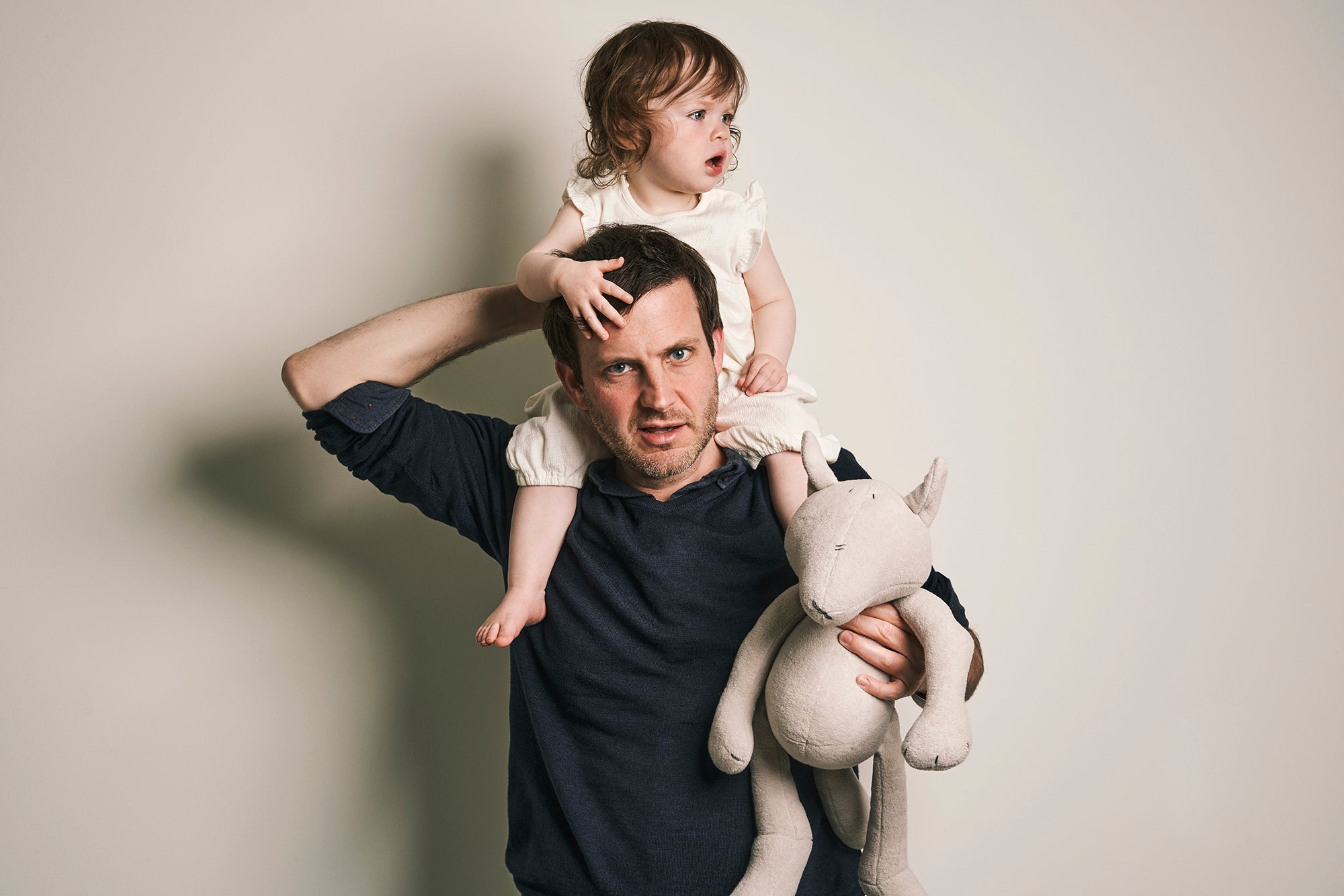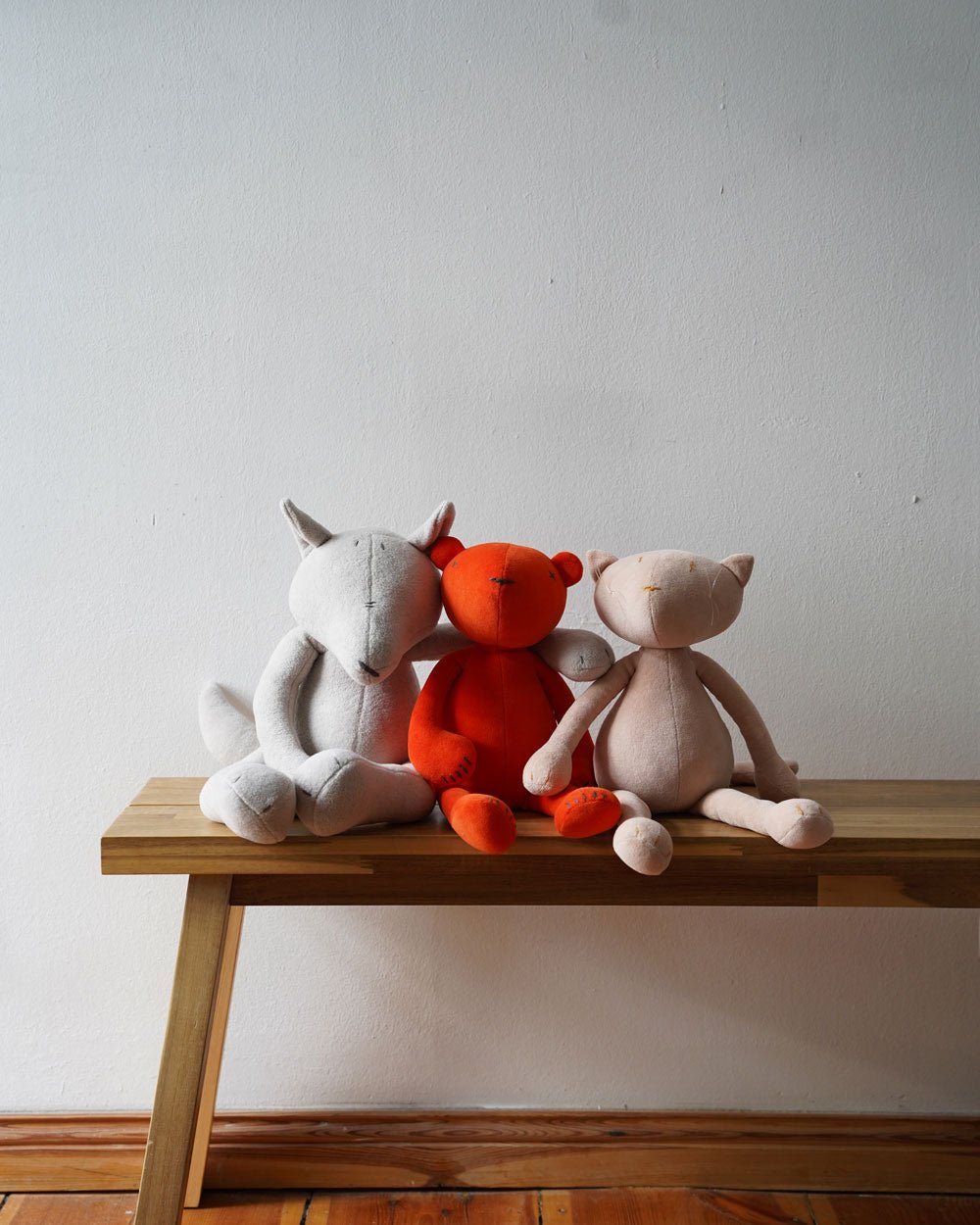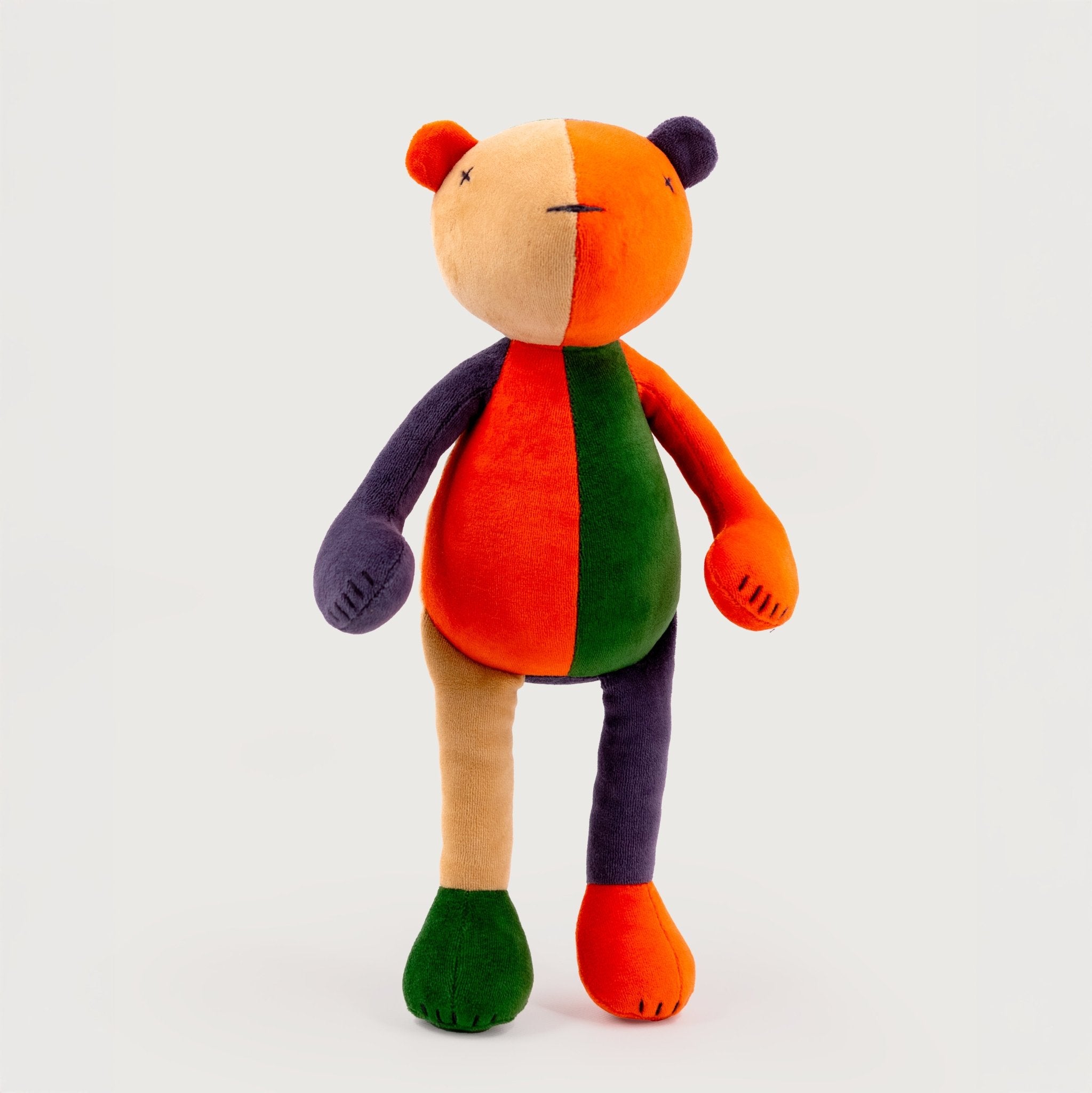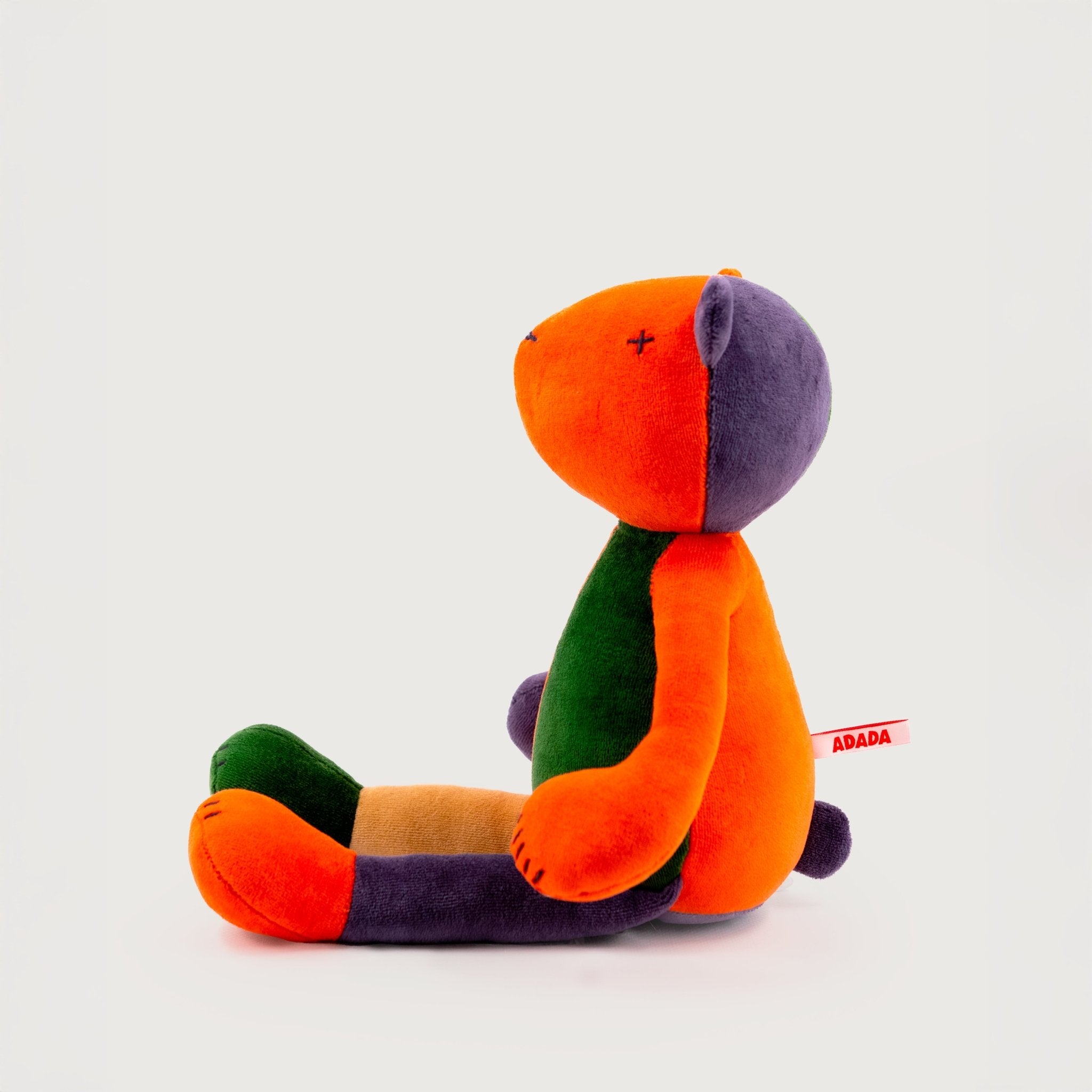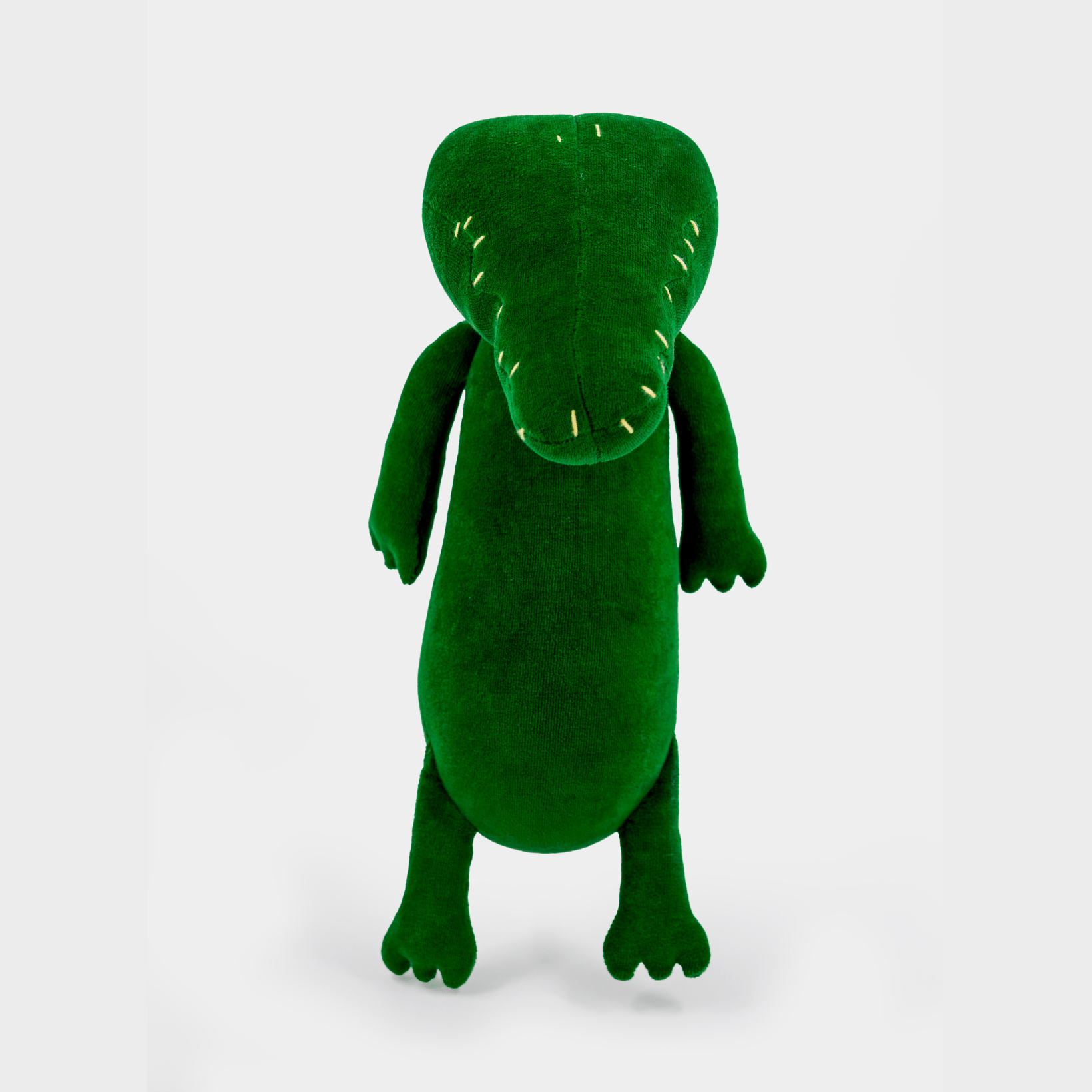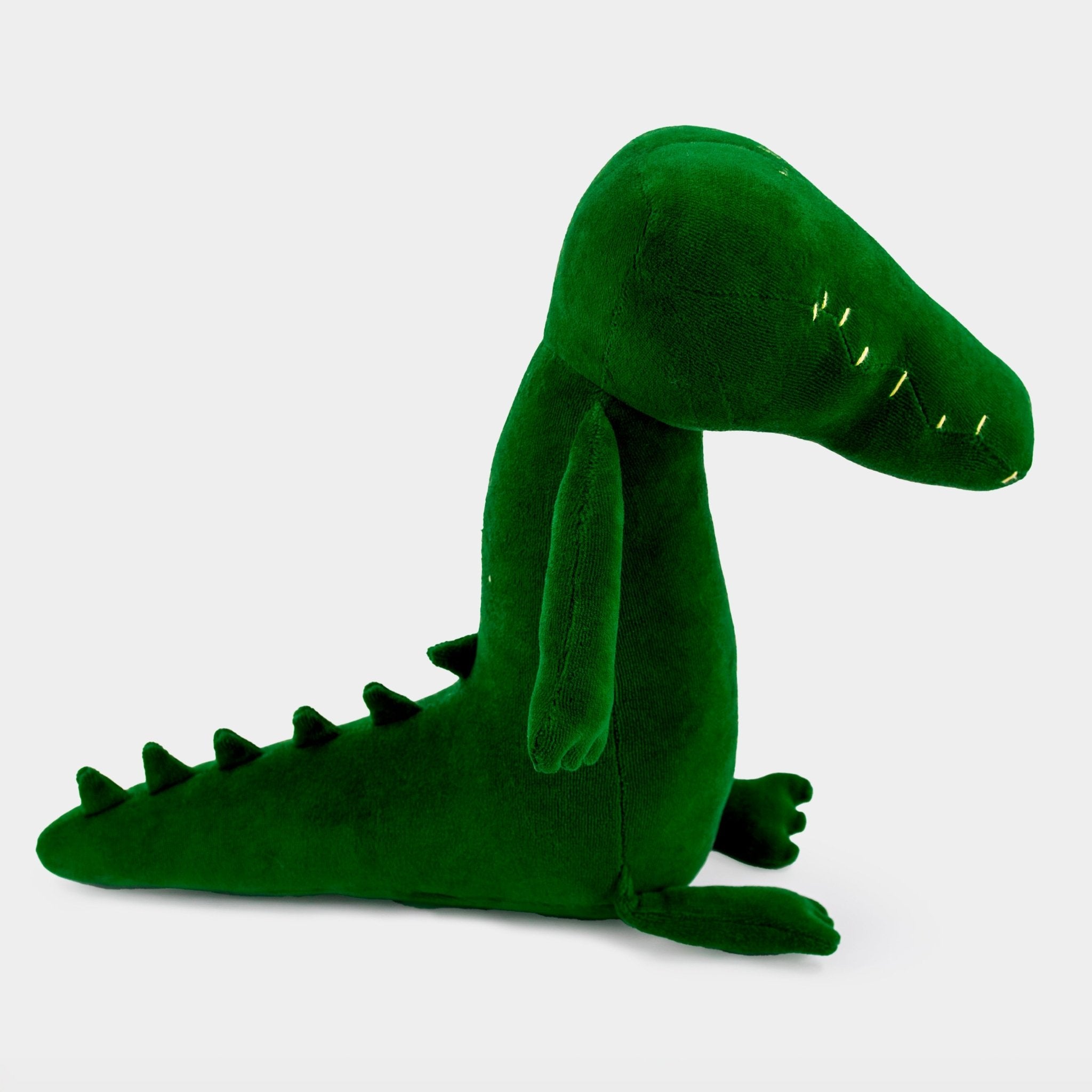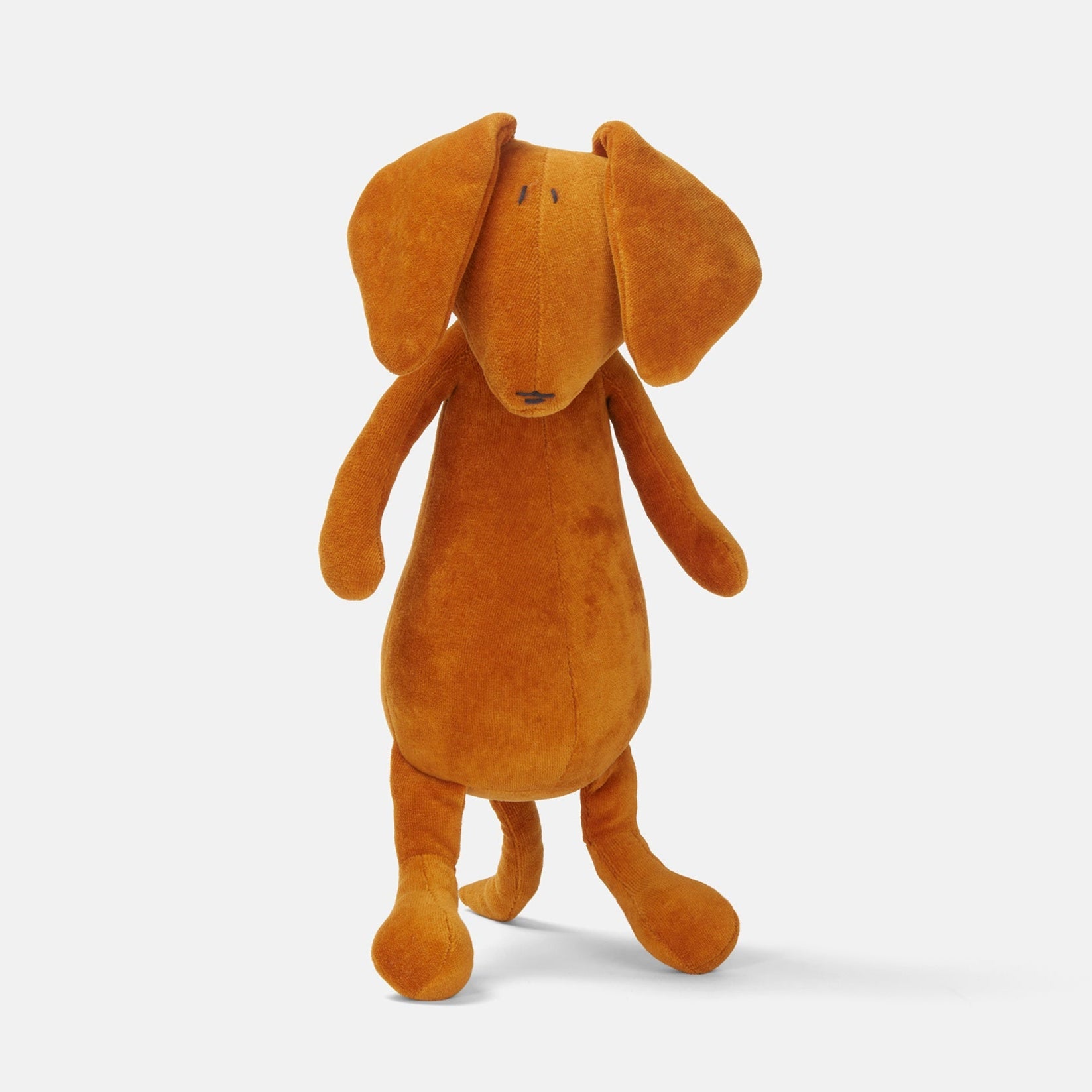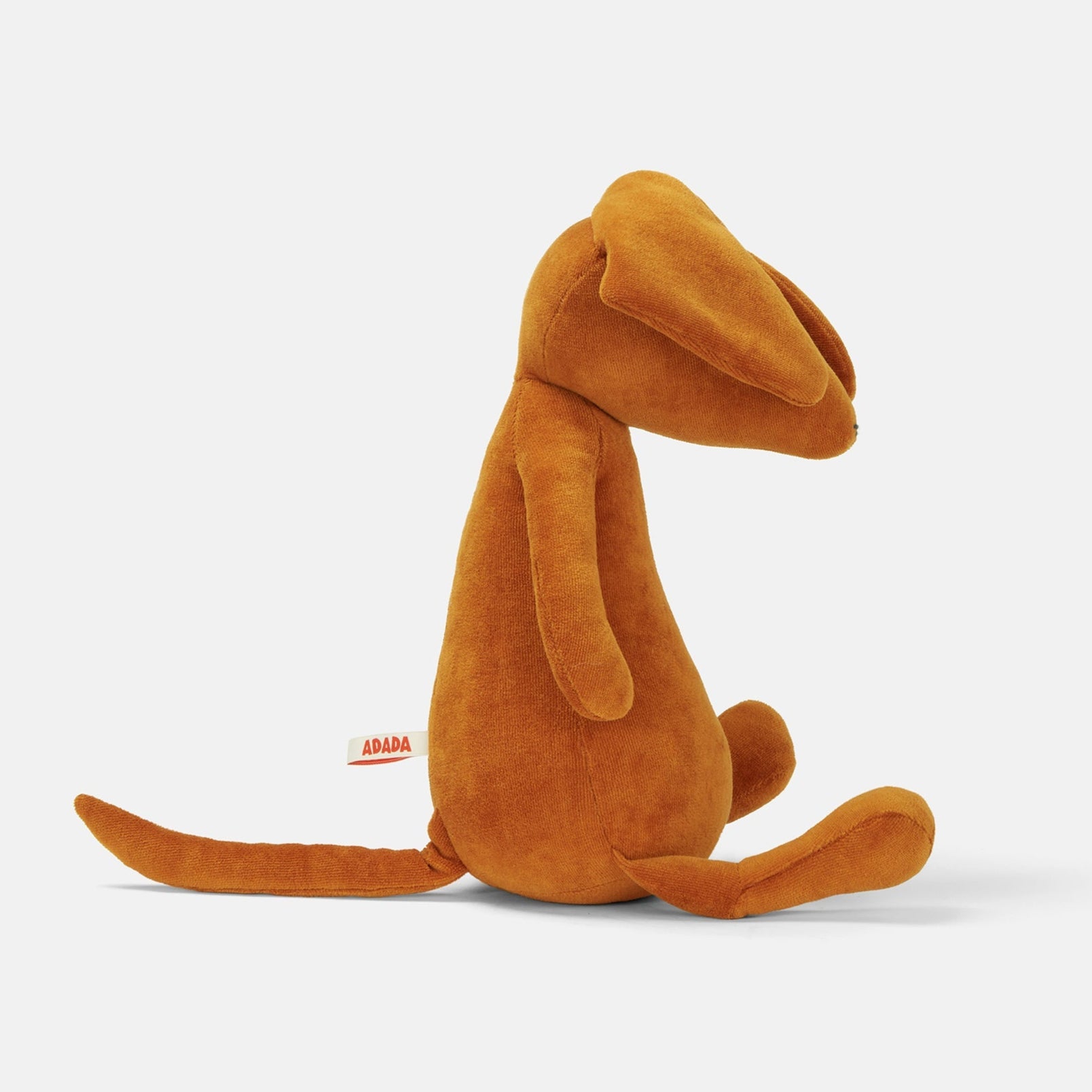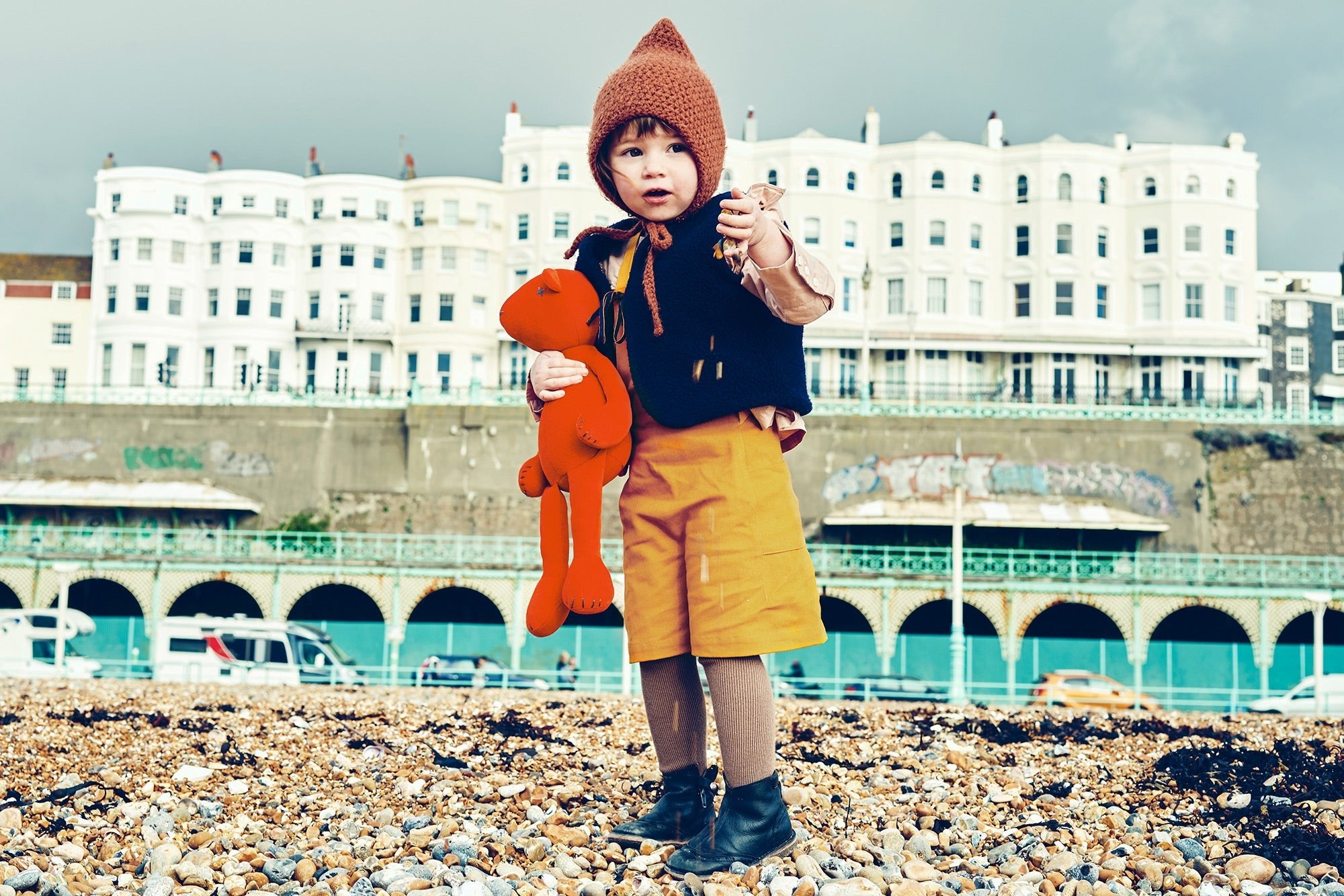
The first steps of children: Equipment and allies for new discoveries

Only few moments in a parent's life are as moving as when their child takes their first steps. These hesitant movements are much more than developmental milestones; they symbolize the emergence of the child's independence, burgeoning curiosity, and desire to explore the vast world around them. It thus becomes paramount for every parent to support this transition with love, support, and of course, the right tools.
The science behind the first steps
Every child is unique, and the dynamics of their first steps illustrate this uniqueness. Although the majority of children make their first walking attempts between 10 and 18 months, the entire process is a fascinating spectacle of motor evolution and neurological development.
The journey begins long before the first steps. From the early months of life, an infant explores their world by crawling, attempting to reach objects, or turning around. These movements, seemingly simple, lay the foundation for more complex motoric skills. They help strengthen the back, neck, and belly muscles, which are essential for maintaining an upright posture.
Transitioning to "all fours" is another key milestone. This form of locomotion, which most children adopt before walking, is crucial for developing bilateral coordination, where both sides of the body work together in synchrony. It's also at this stage that children begin to develop better grip and a sense of balance.
But the science behind these first steps isn't just about motor skills. There's also significant cognitive development taking place. As the child tries to stand up by holding onto an object, they learn concepts like cause and effect, distance, and depth.
The moment a child decides to let go, trust their legs, and take that bold first step is the culmination of months of development. This first step is much more than a physical movement; it's a combination of confidence, curiosity, a desire to explore, and, of course, encouragement from those around them. Ultimately, these initial steps, informed by the science of development, prepare the child not just to walk but to confidently and autonomously embrace the world.
How to properly choose shoes for a baby's first steps?
Choosing the right shoes for a baby or toddler ensures their proper development while offering comfort and safety during their first steps. Feet are the most strained part of the body when the child starts to stand. From 1 to 3 years, babies form the muscles and bones of their feet. Proper footwear is crucial for many reasons, such as reducing long-term health issues like flat feet, posture problems, and back issues. Here are three crucial tips when selecting shoes for babies.
It's essential to know that babies don't need shoes before they can walk independently, except for outdoor excursions or if the indoor flooring is too rough.
Firstly, ensure you measure the size of the baby girl's or baby boy's feet correctly. Babies' feet grow very quickly at this age, almost one size difference every 2 to 3 months. Regularly measuring their feet is essential to ensure they wear the right size. Shoes that are too big or too small can cause developmental and safety issues for your baby. You can use, for example, a printable foot measurer to measure your child's foot at home anytime.
Secondly, prioritize shoe flexibility. Since babies' feet are still forming, it's best to choose flexible baby shoes that allow a full range of movements. Stiff soles can hinder natural foot growth and lead to long-term health issues. You can easily find flexible baby shoes on mapetitepointure.com.
Thirdly, choose breathable and comfortable materials. Babies' feet sweat more than adult feet, so it's essential to select shoes made from materials that allow good air circulation. Leather and natural fabrics are excellent choices as they let the feet breathe and reduce the risk of irritations.
Stuffed animals: The cute and reassuring companion

- Emotional support
Taking the first steps in the world can be daunting for a young child. In addition to ideally chosen shoes to support them physically, stuffed animals play a crucial role in their emotional well-being. Stuffed animals are more than just toys. They become friends, confidants, even protectors during moments of uncertainty. Having a familiar stuffed animal by their side on a first day at school, for example, can offer invaluable feelings of security. Their constant presence reassures the child they're never truly alone, bringing comfort during moments of doubt or fear.
- Sensory stimulation and cognitive development
Every stuffed animal is a treasure trove of learning opportunities for a child. Stuffed animals, especially those made by Adada in France, are designed to be soft to the touch, offering a rich palette of textures and colors that stimulate the senses. Children explore the world through touch, sight, and even smell. Interacting with these stuffed animals exposes them to various sensory stimuli, sharpening their perception. Moreover, playing with these stuffed animals also aids in developing their motor coordination, stimulates their imagination, and strengthens their sense of curiosity. These soft friends are genuine educational tools, simultaneously stimulating the child's intellect and creativity.
- Friends for life
Childhood memories are incomplete without the loyal stuffed companions that have accompanied every adventure, every dream, and every fear. Whether it's the soft toy that dried all tears after a nightmare, the stuffed animal that listened to all the whispered imaginary tales, or the one that traveled everywhere, from the playground to the bedside, these fluffy friends often become friends for life. They're more than just toys; they bear witness to the highs and lows, joys, sorrows, and countless discoveries of childhood. As children grow up, even as new toys appear and interests change, the sentimental value of these stuffed animals only increases.
Conclusion
When choosing equipment for the first steps, safety, quality, and comfort are paramount. However, it's equally essential to opt for durable, ethical, and environmentally friendly products. By choosing Adada, you ensure not only your child's well-being but also contribute to a greener world with our stuffed animals 100% hand-made in France!
Every step, every discovery, every progress in a child's life is a precious journey. As parents, guides, and protectors, it's our duty to provide the necessary tools and support to make this journey as enriching as possible. Shoes, stuffed animals, and other allies play a decisive role in this adventure.

